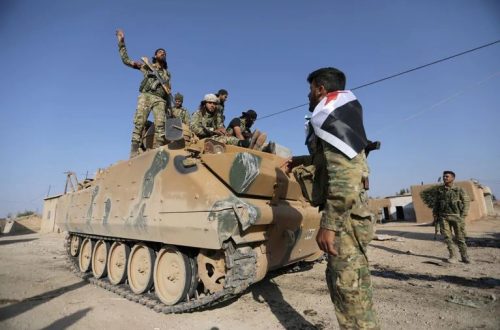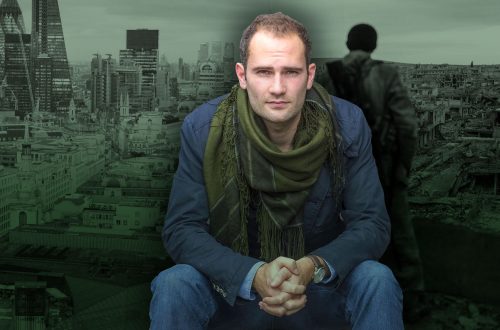However well-intentioned his efforts to end the violence in Syria, Kofi Annan’s “peace plan” never stood a chance as long as Bashar al-Assad remained in power.
The plan called on the Syrian regime to:
— “immediately cease troop movements towards, and end the use of heavy weapons in, population centres, and begin pullback of military concentrations in and around population centres”
— “intensify the pace and scale of release of arbitrarily detained persons, including especially vulnerable categories of persons, and persons involved in peaceful political activities, provide without delay through appropriate channels a list of all places in which such persons are being detained, immediately begin organizing access to such locations and through appropriate channels respond promptly to all written requests for information, access or release regarding such persons”
— “ensure freedom of movement throughout the country for journalists and a non-discriminatory visa policy for them”
— “respect freedom of association and the right to demonstrate peacefully as legally guaranteed.”
Despite endless promises, the regime never made a pretense of doing any of these things. So one can hardly blame Annan for announcing the end of his efforts to broker an agreement to end the fighting. He finally said publicly: “The transition meant President Assad would have to leave sooner or later.” From all evidence, Assad has a different opinion.
Although I’m sure Annan didn’t intend it as such, his plan was something of a gift to the Syrian regime– and its friends in Russia, China and Iran– in that it helped them to play for time.
It’s no surprise that George Galloway was a passionate advocate of the Annan plan, and blamed not Assad but the Syrian opposition for its failure. And indeed, had the opposition withdrawn from the streets and laid down their weapons, and allowed the regime to do as it wished, peace of a sort would have been restored.


